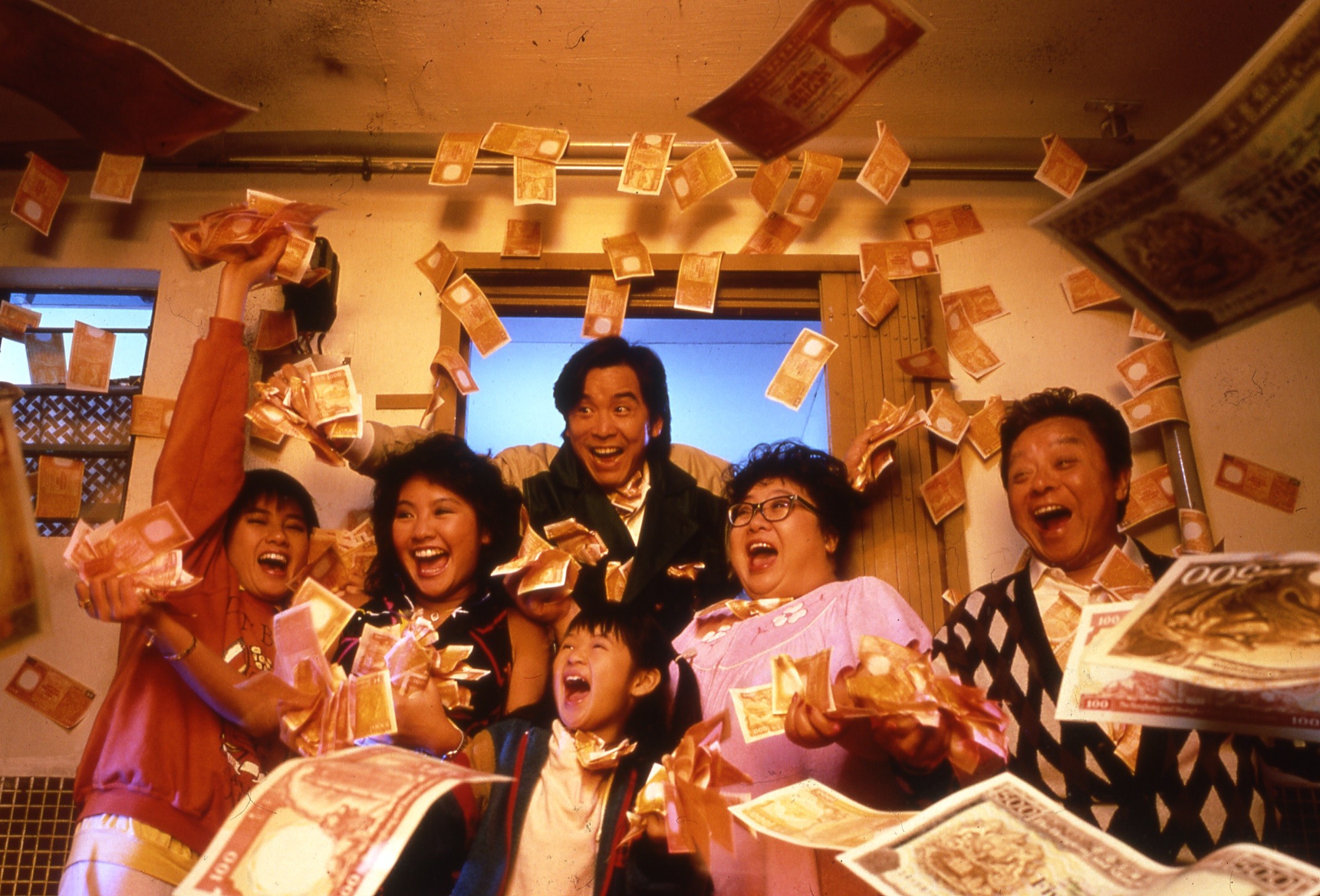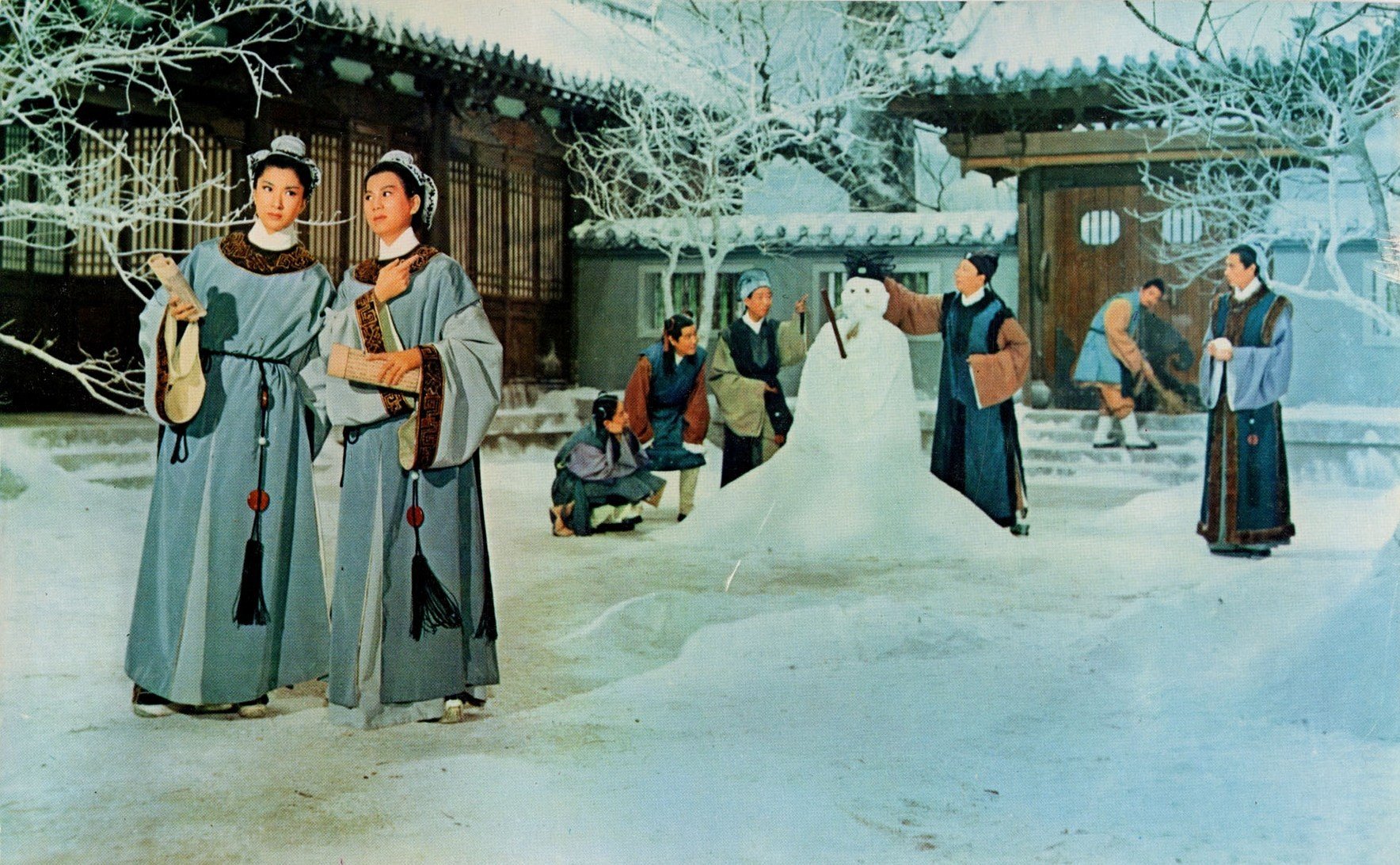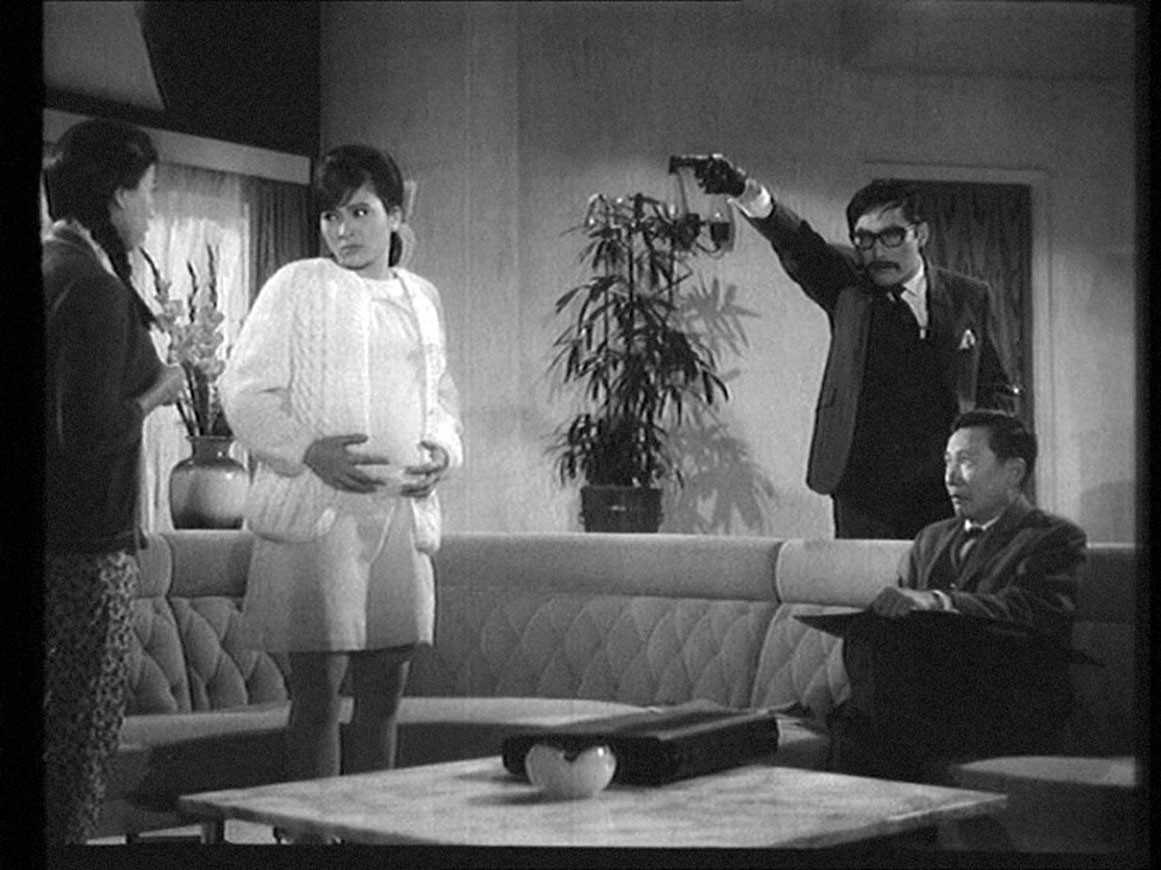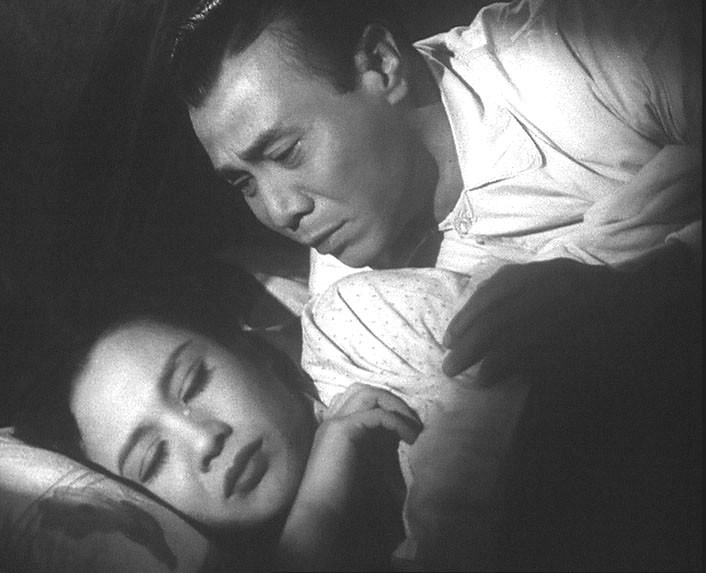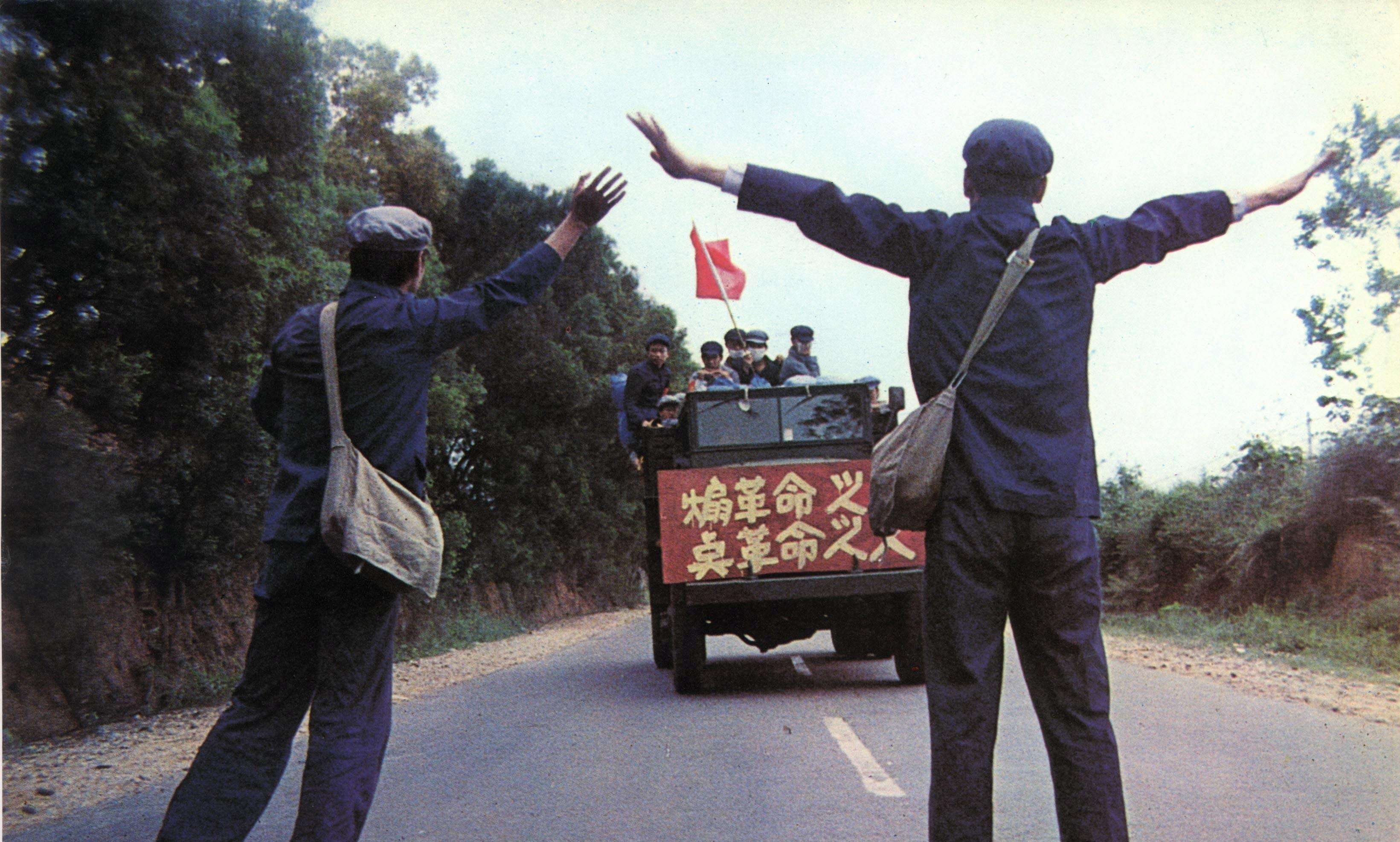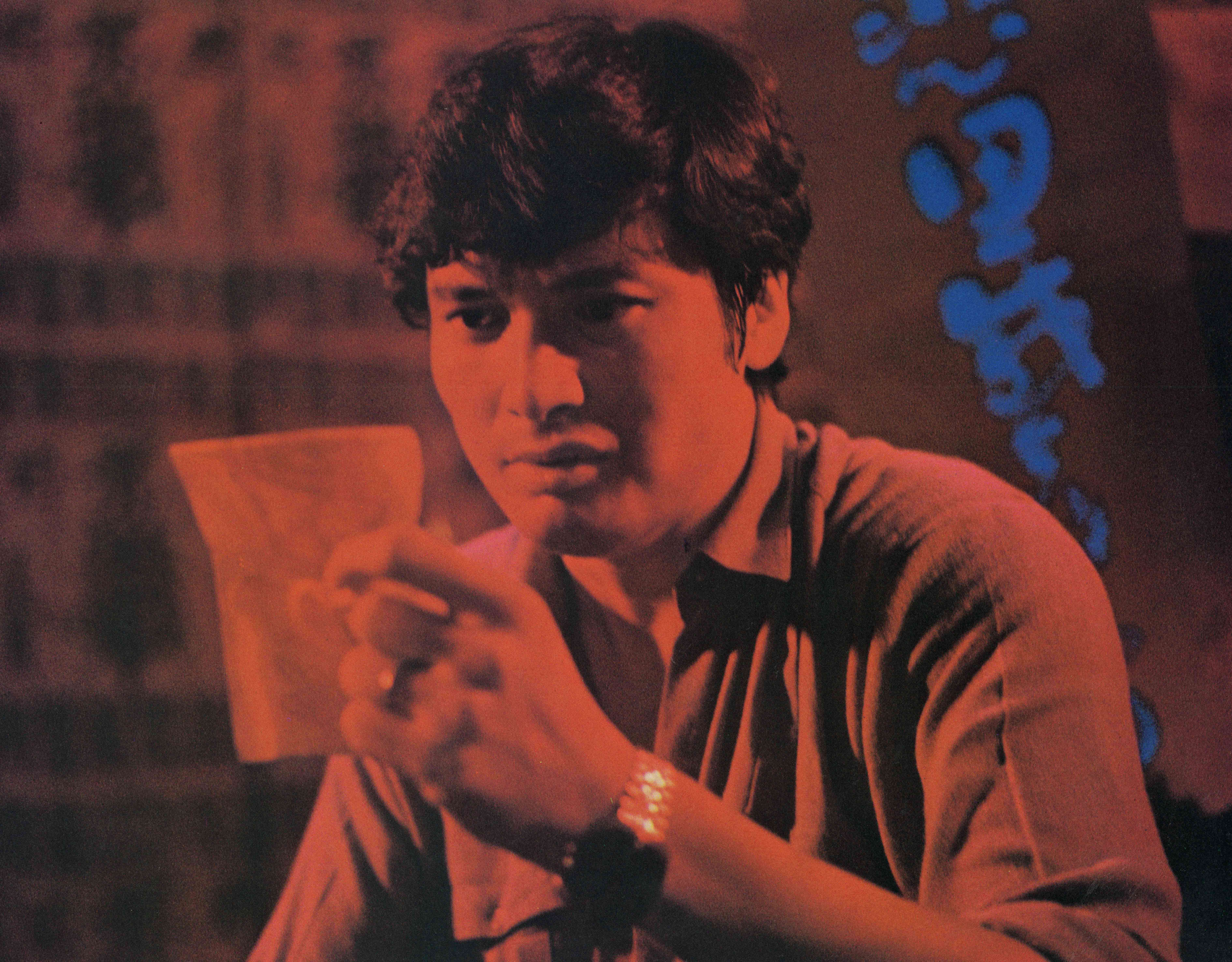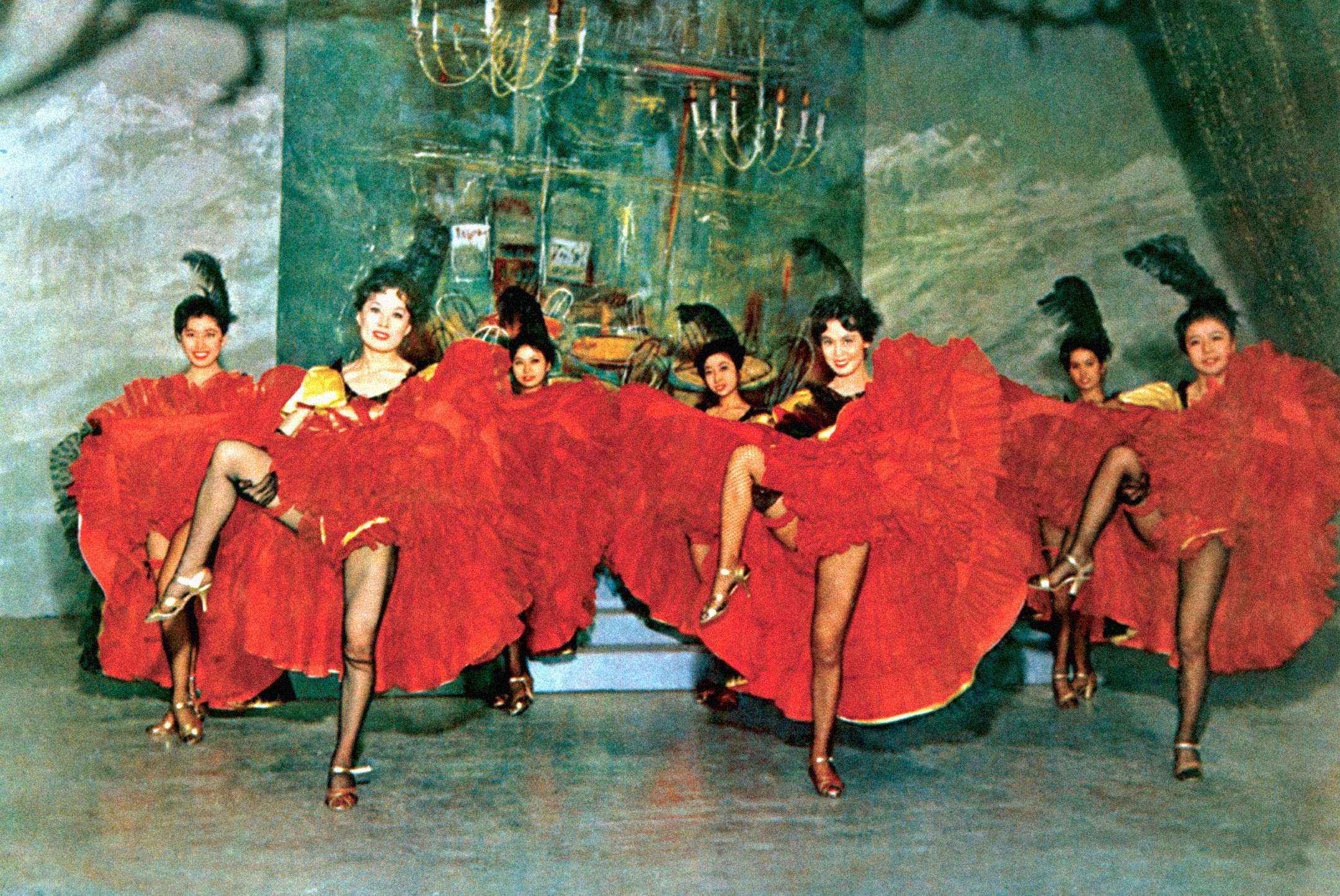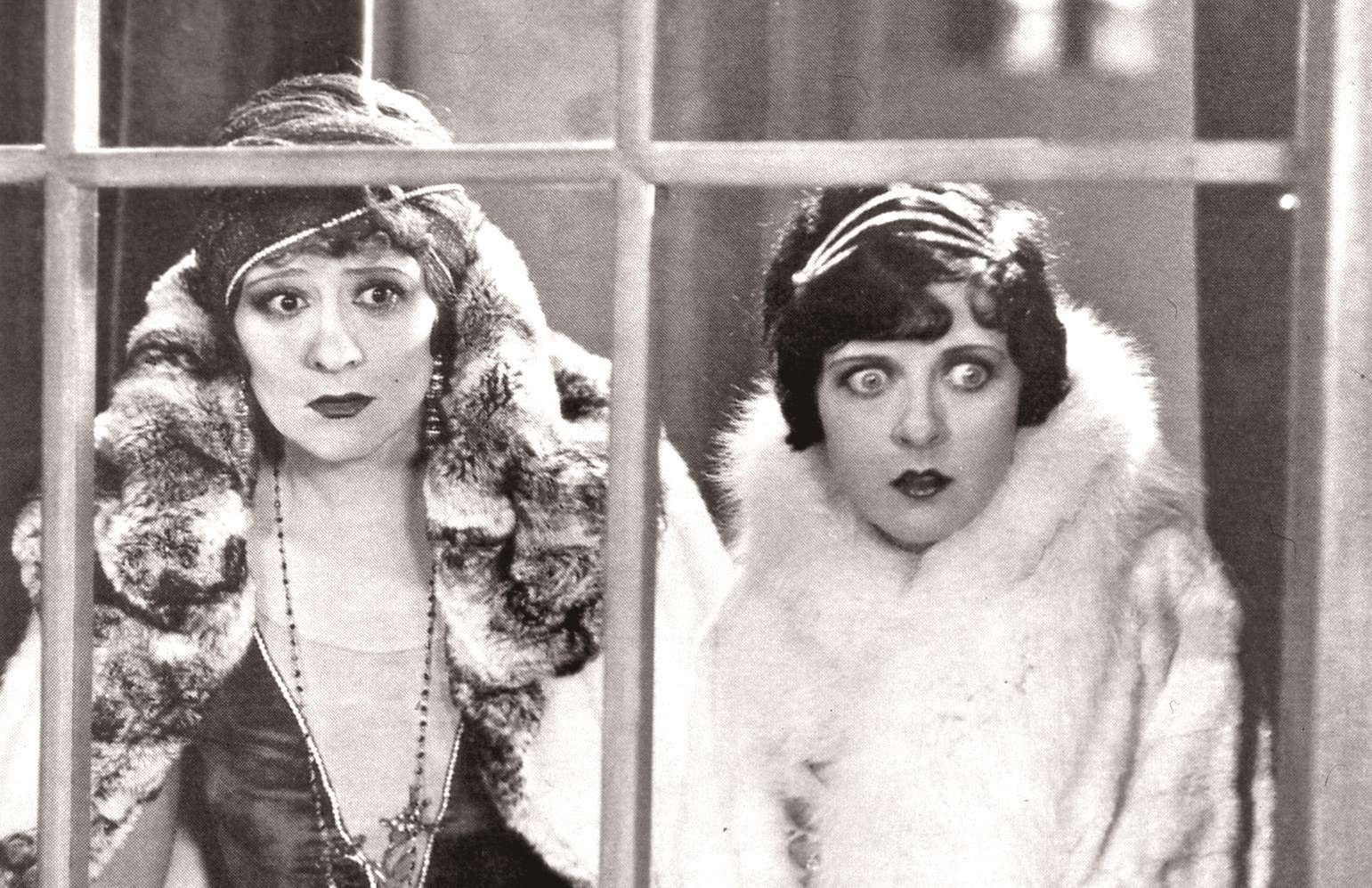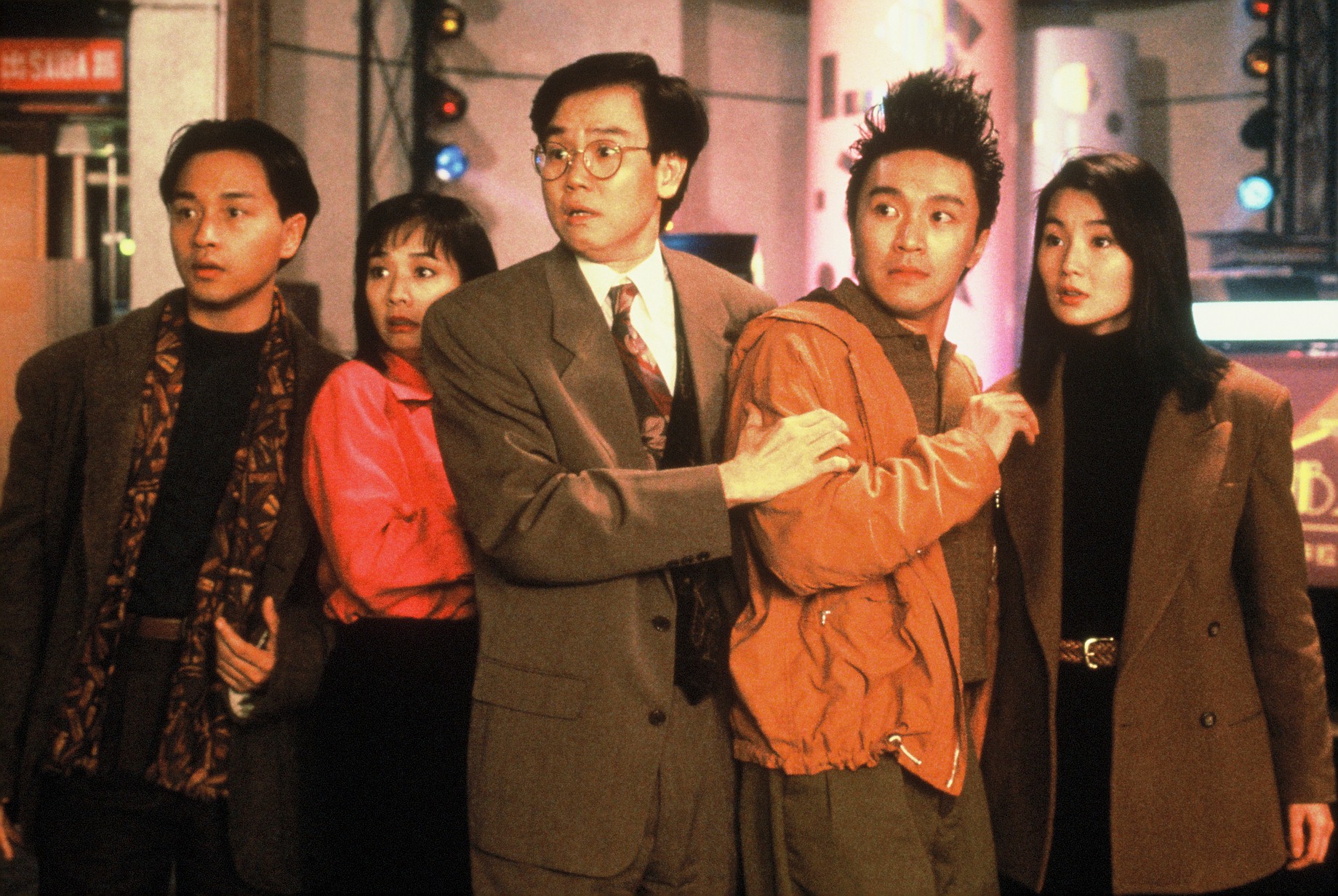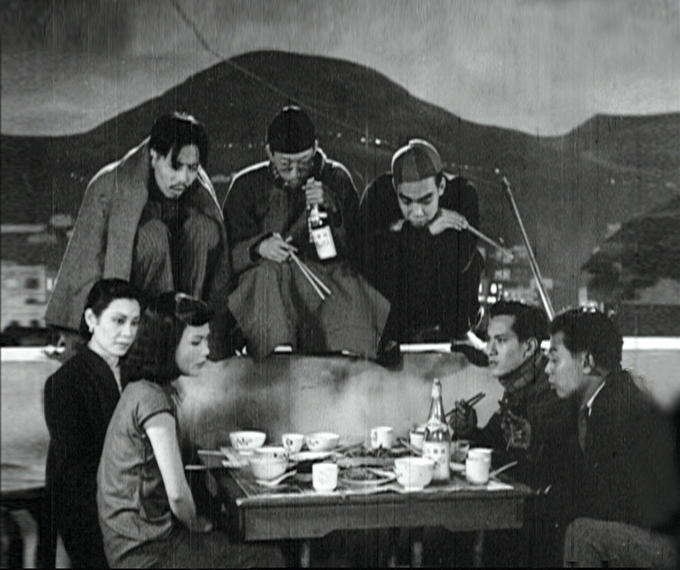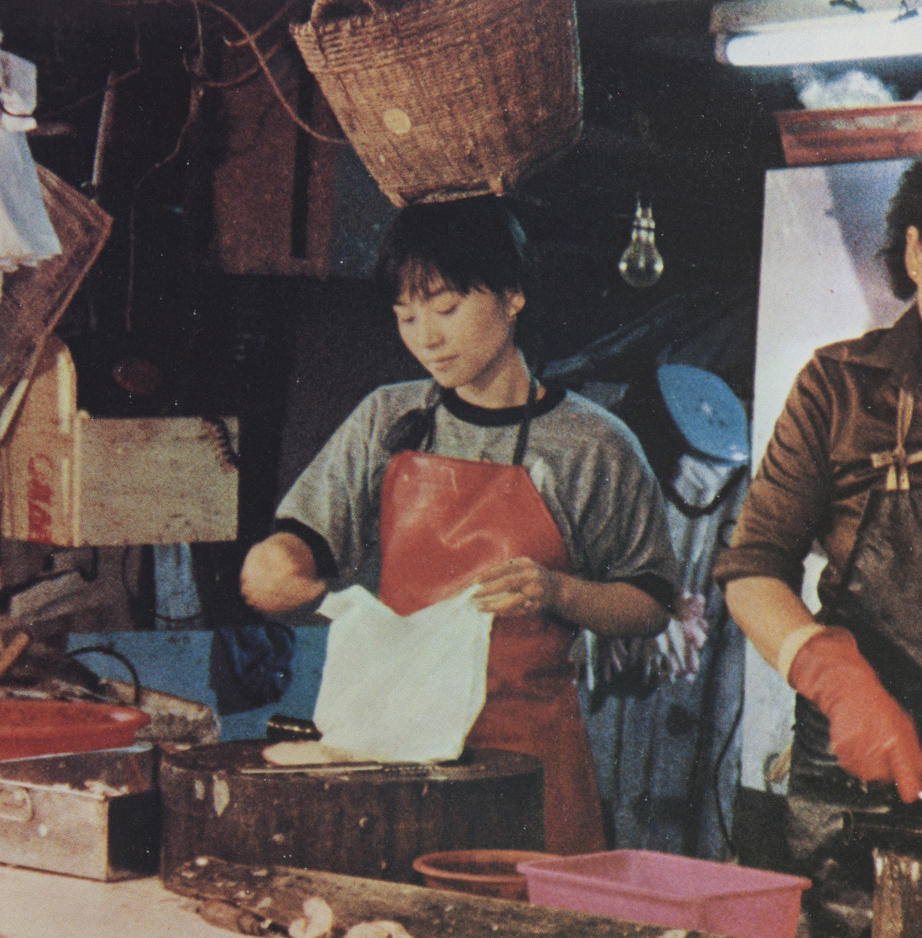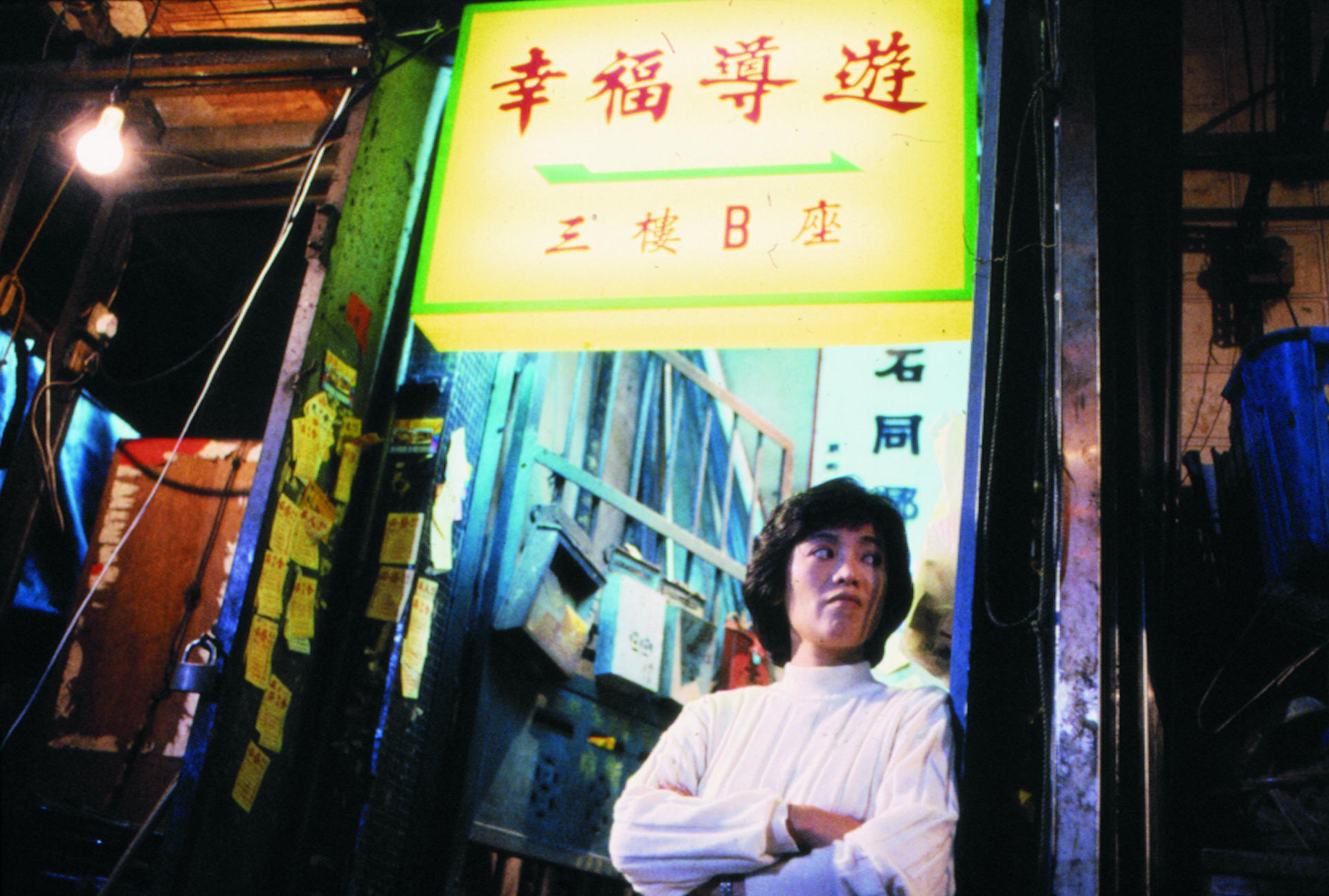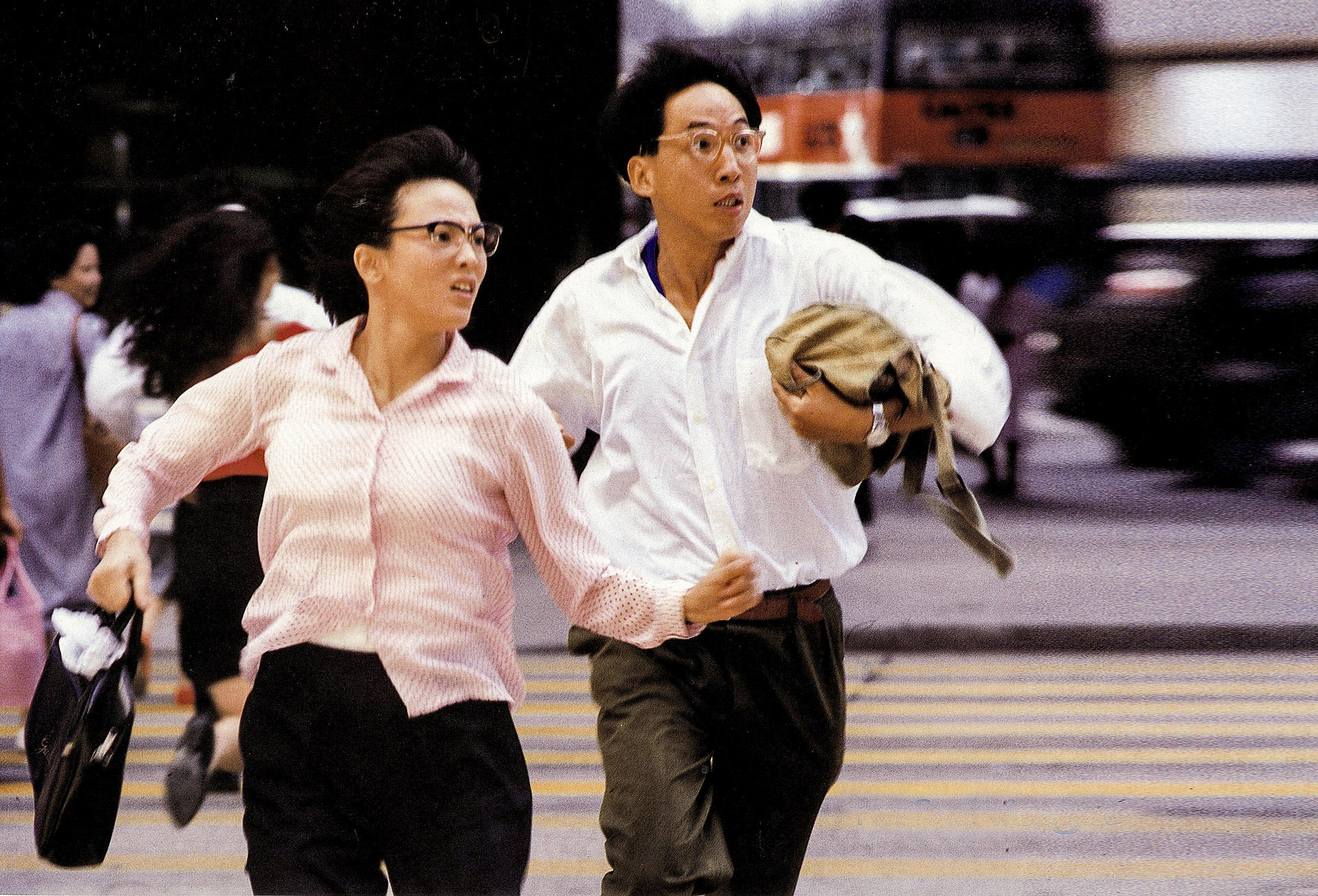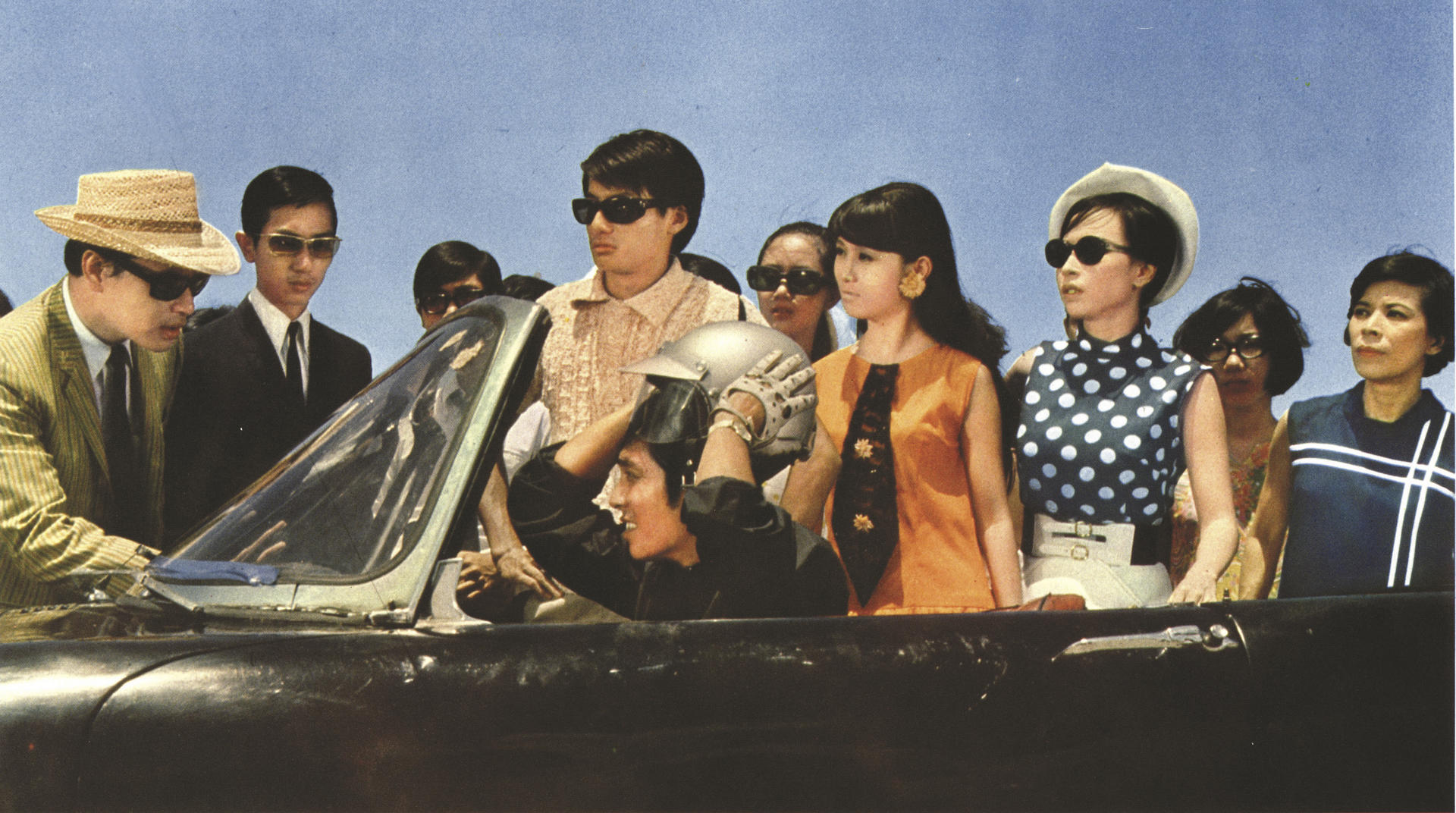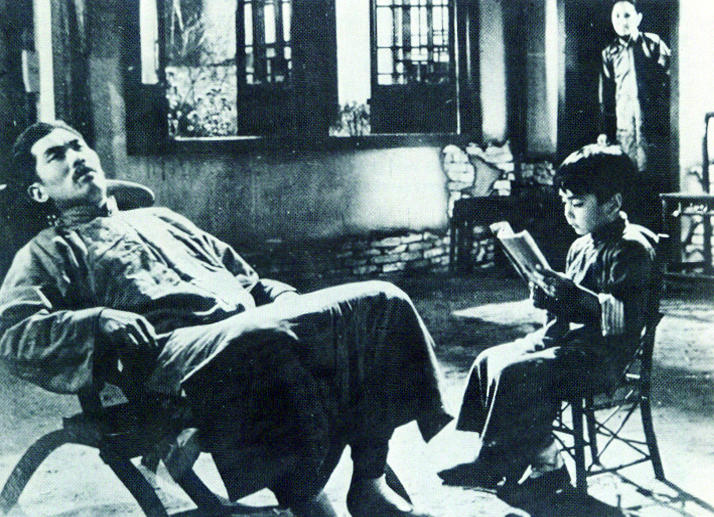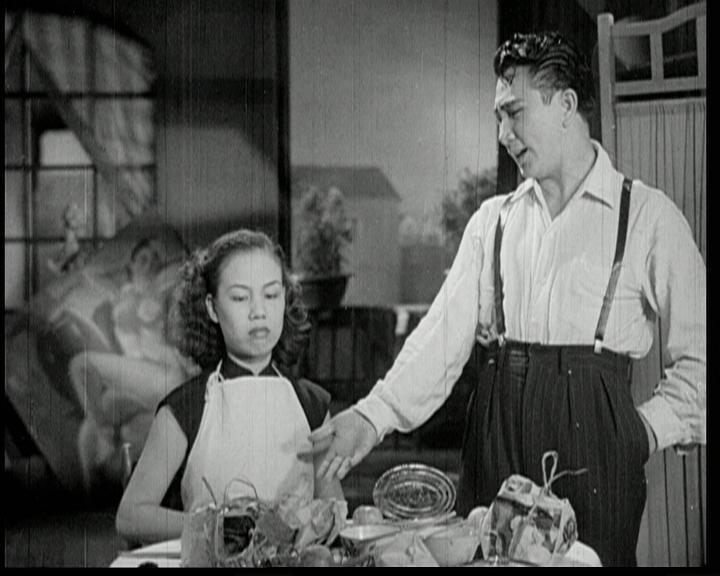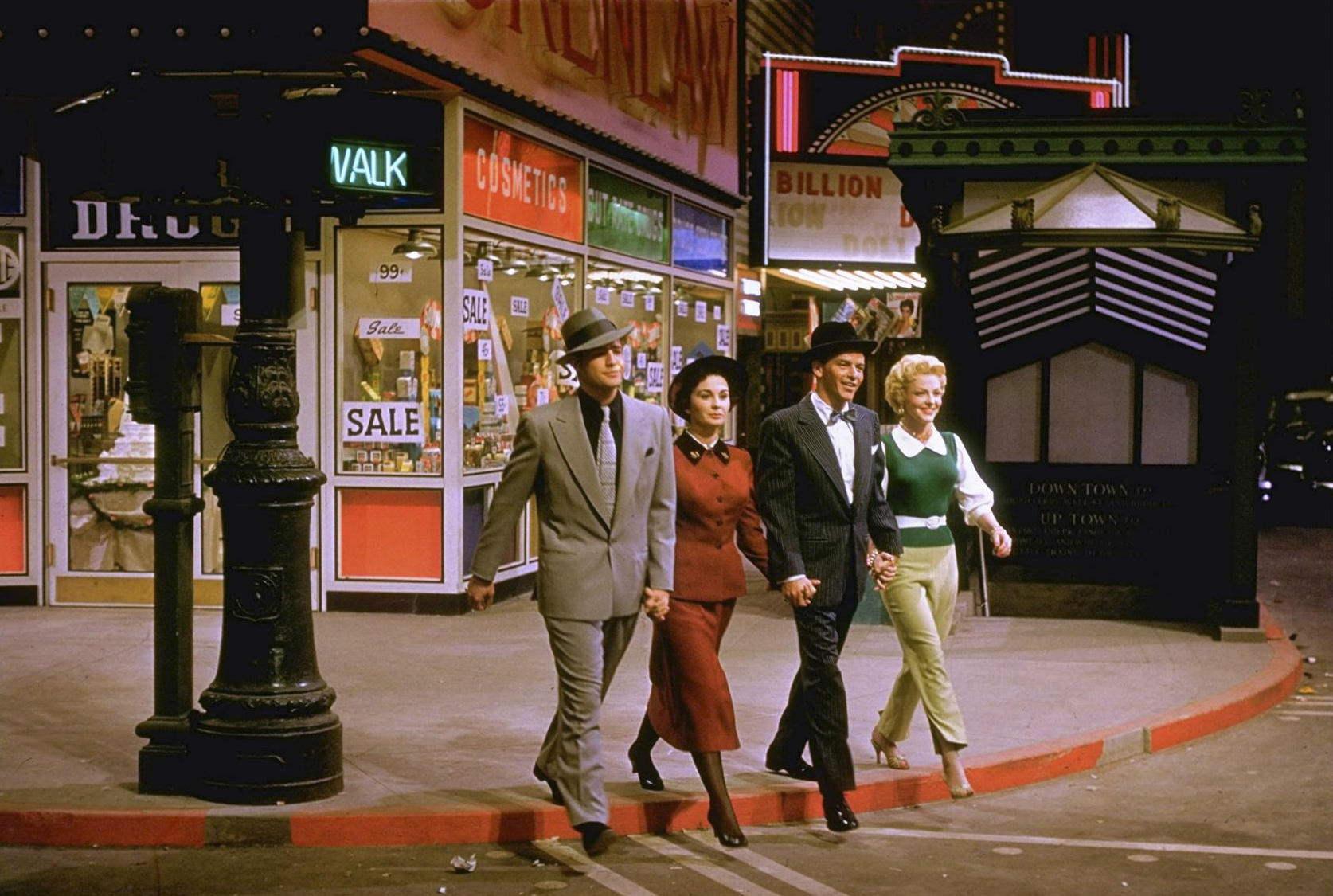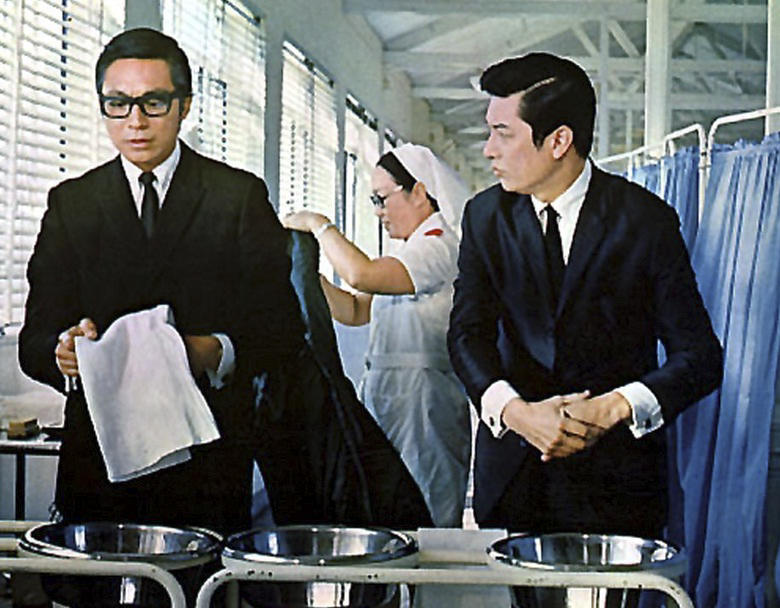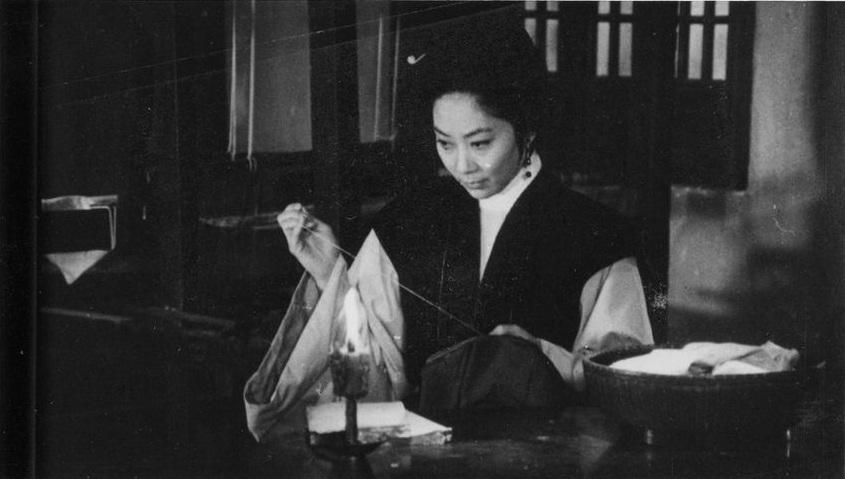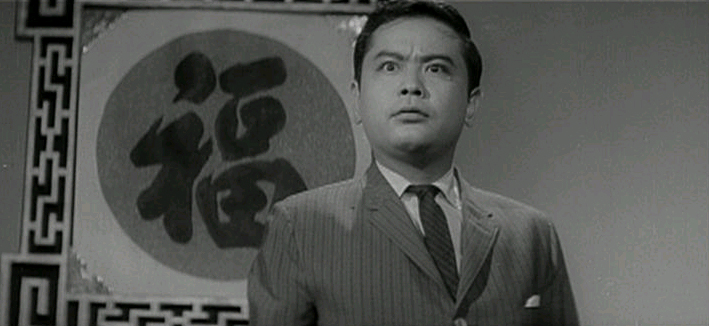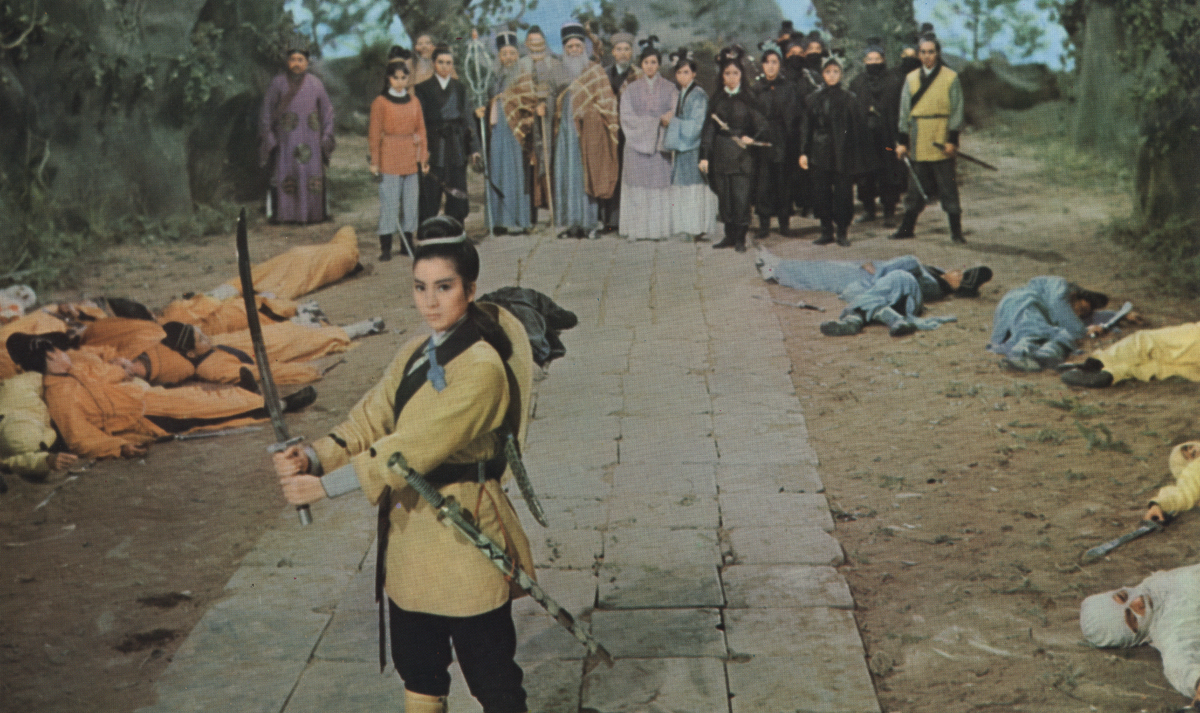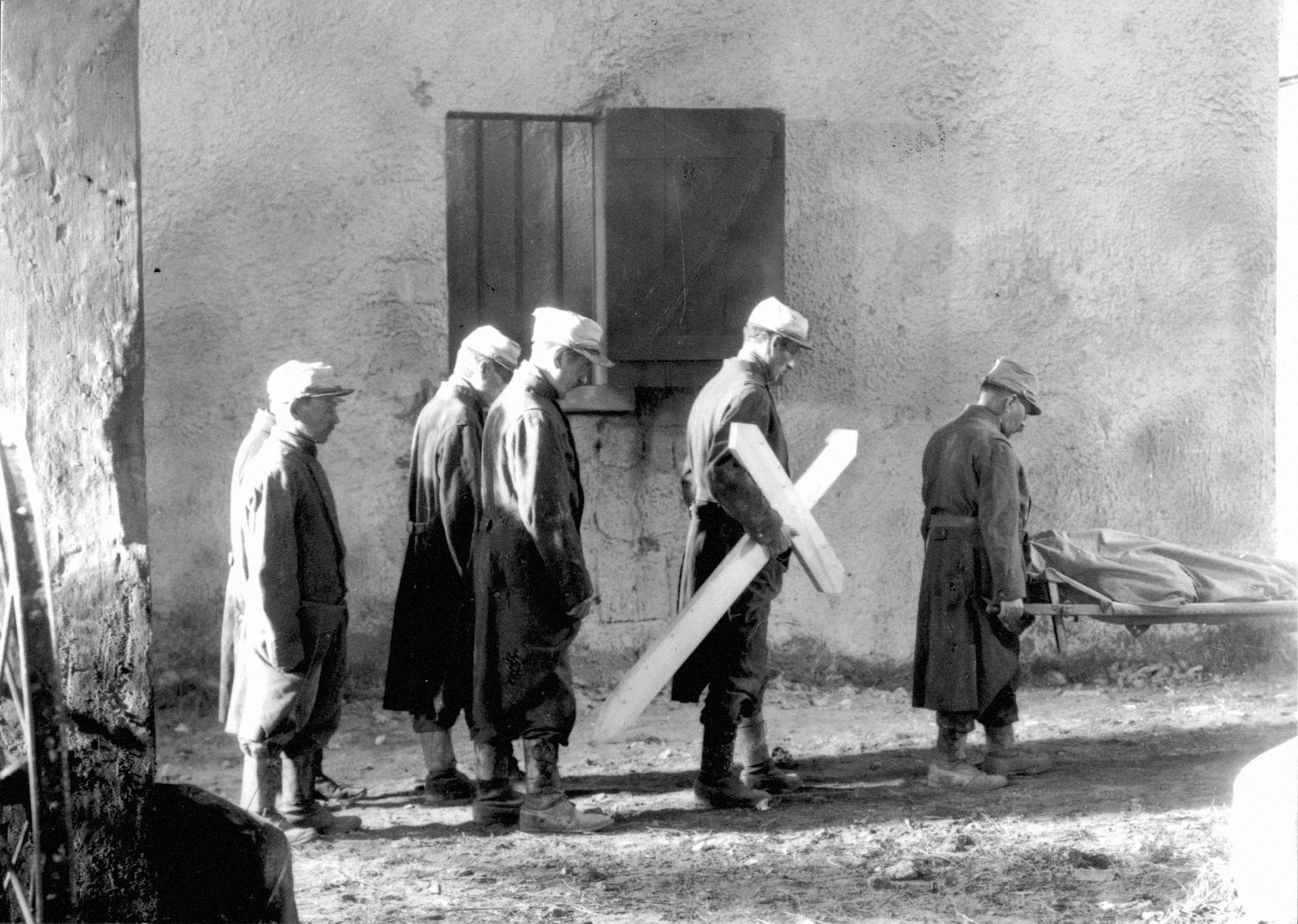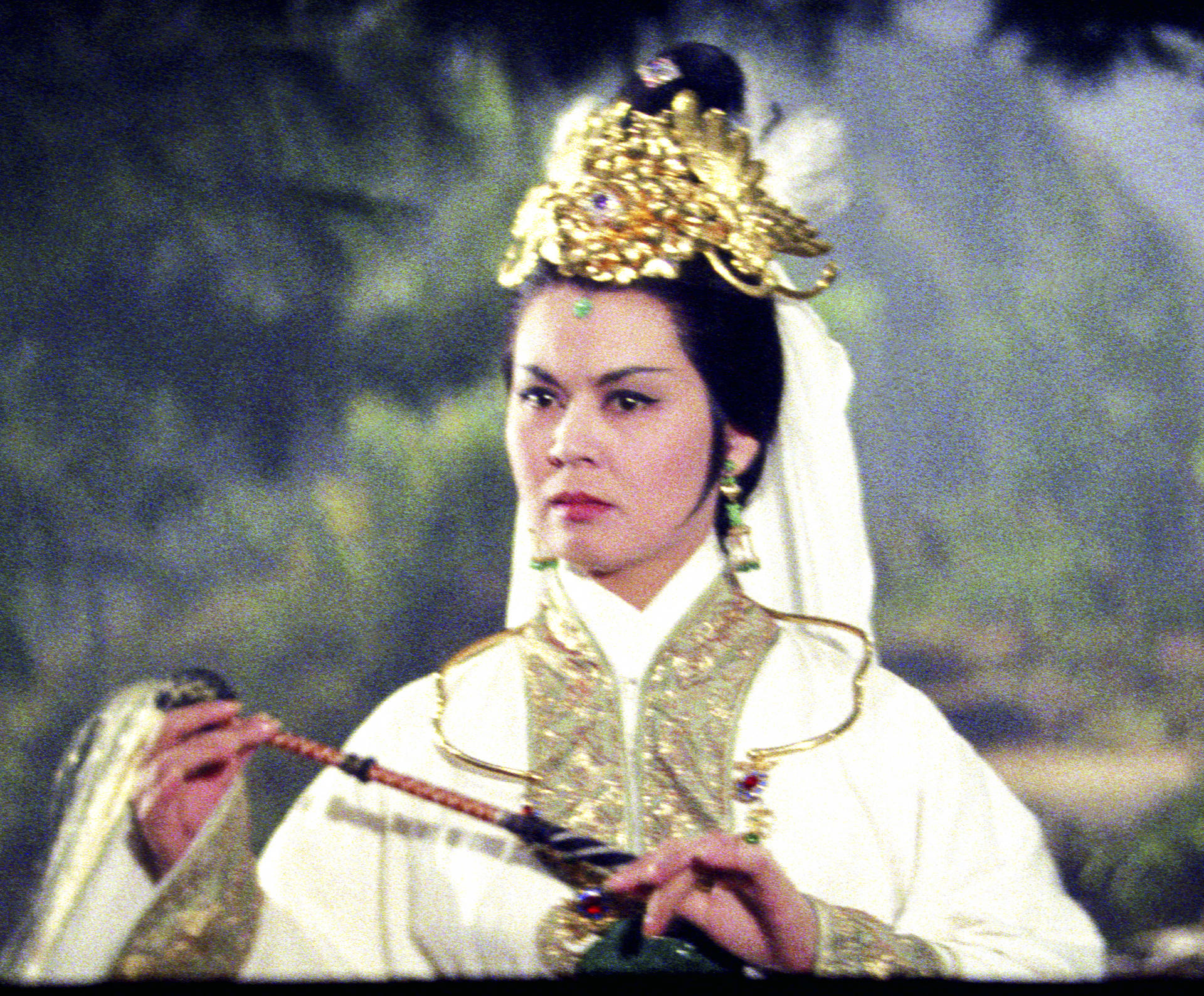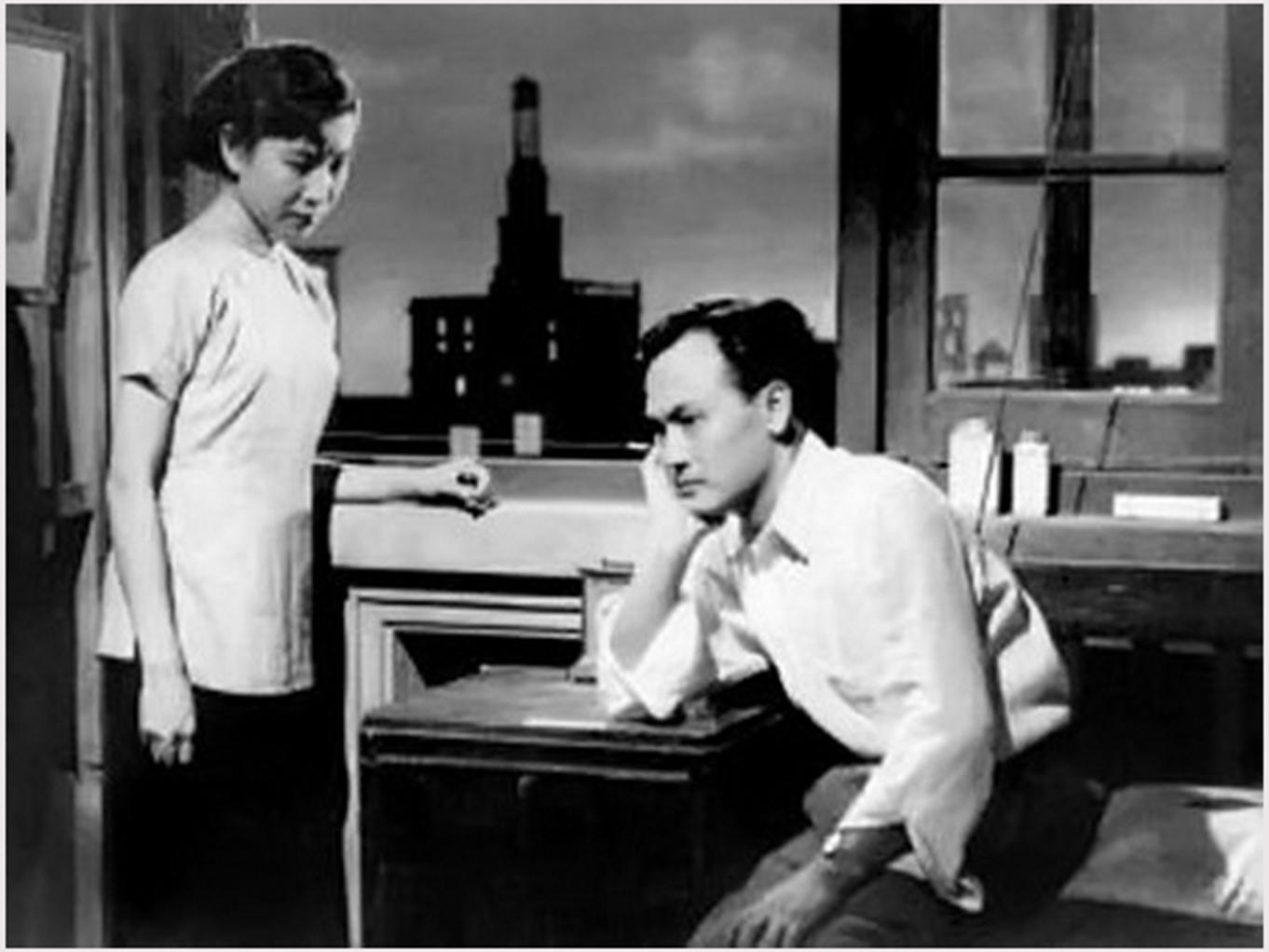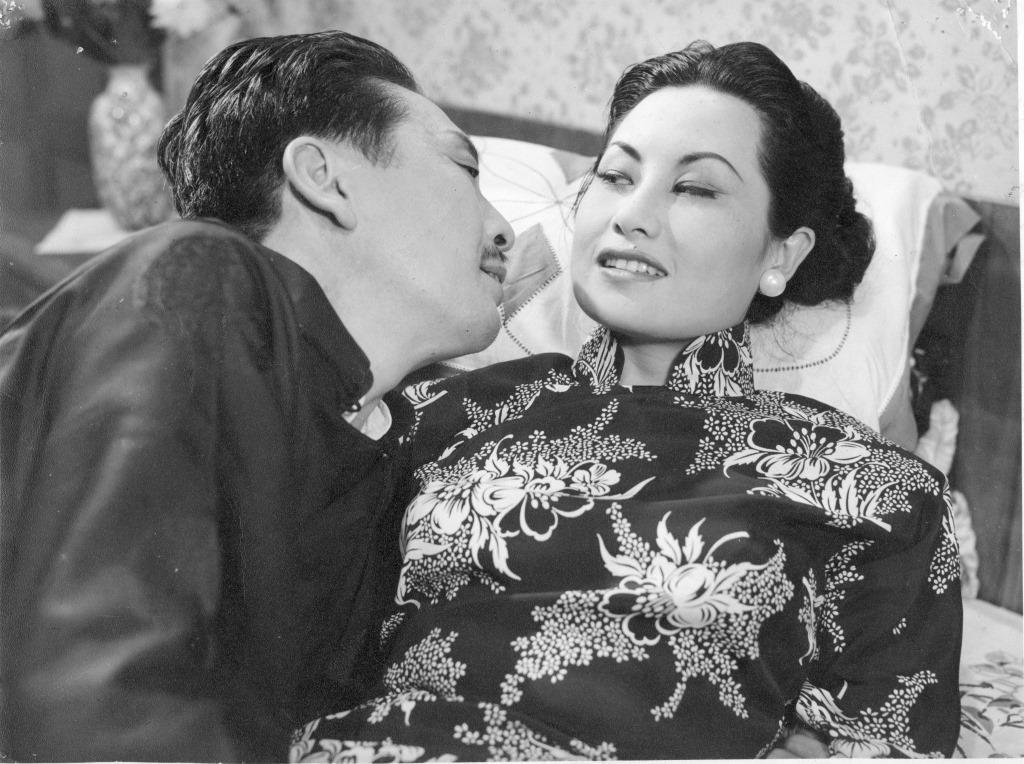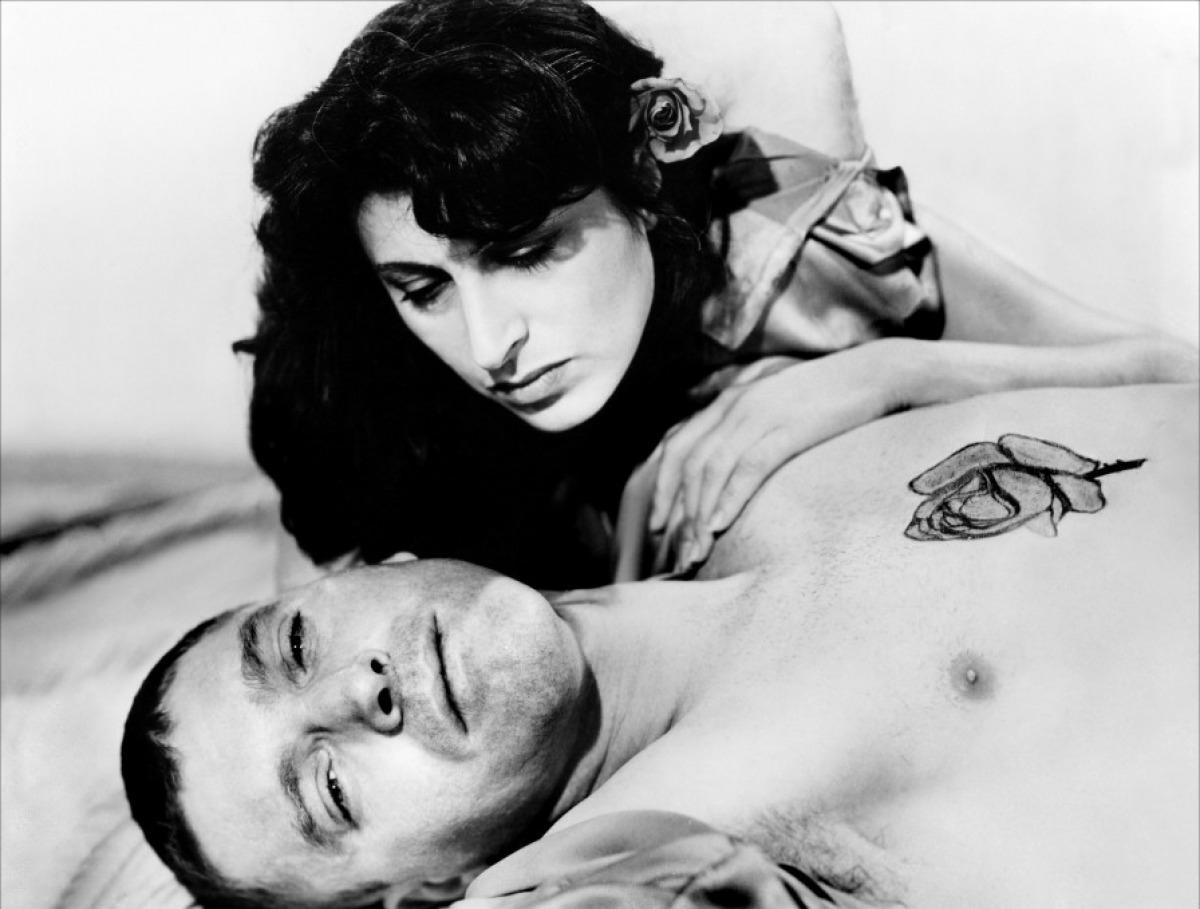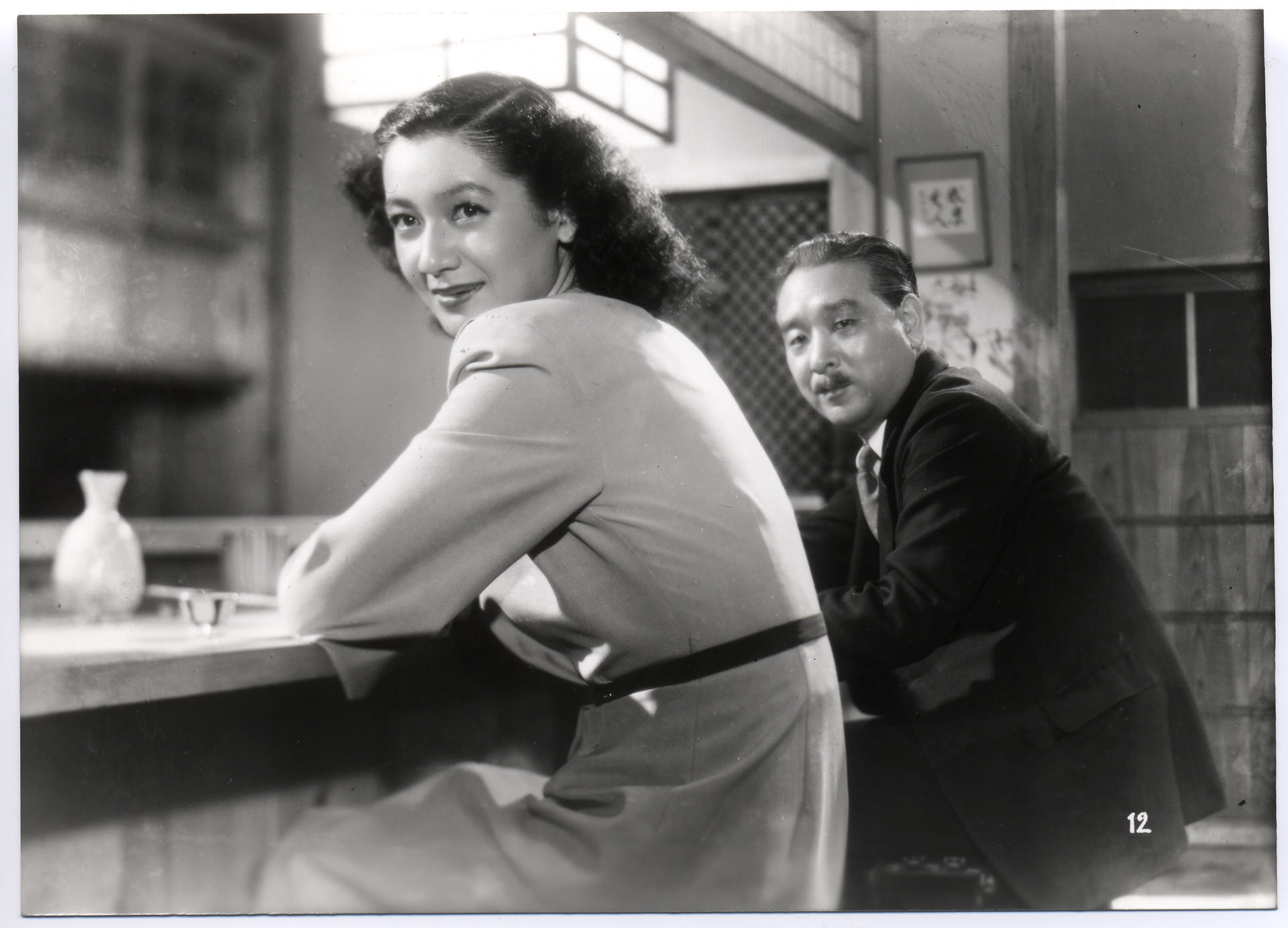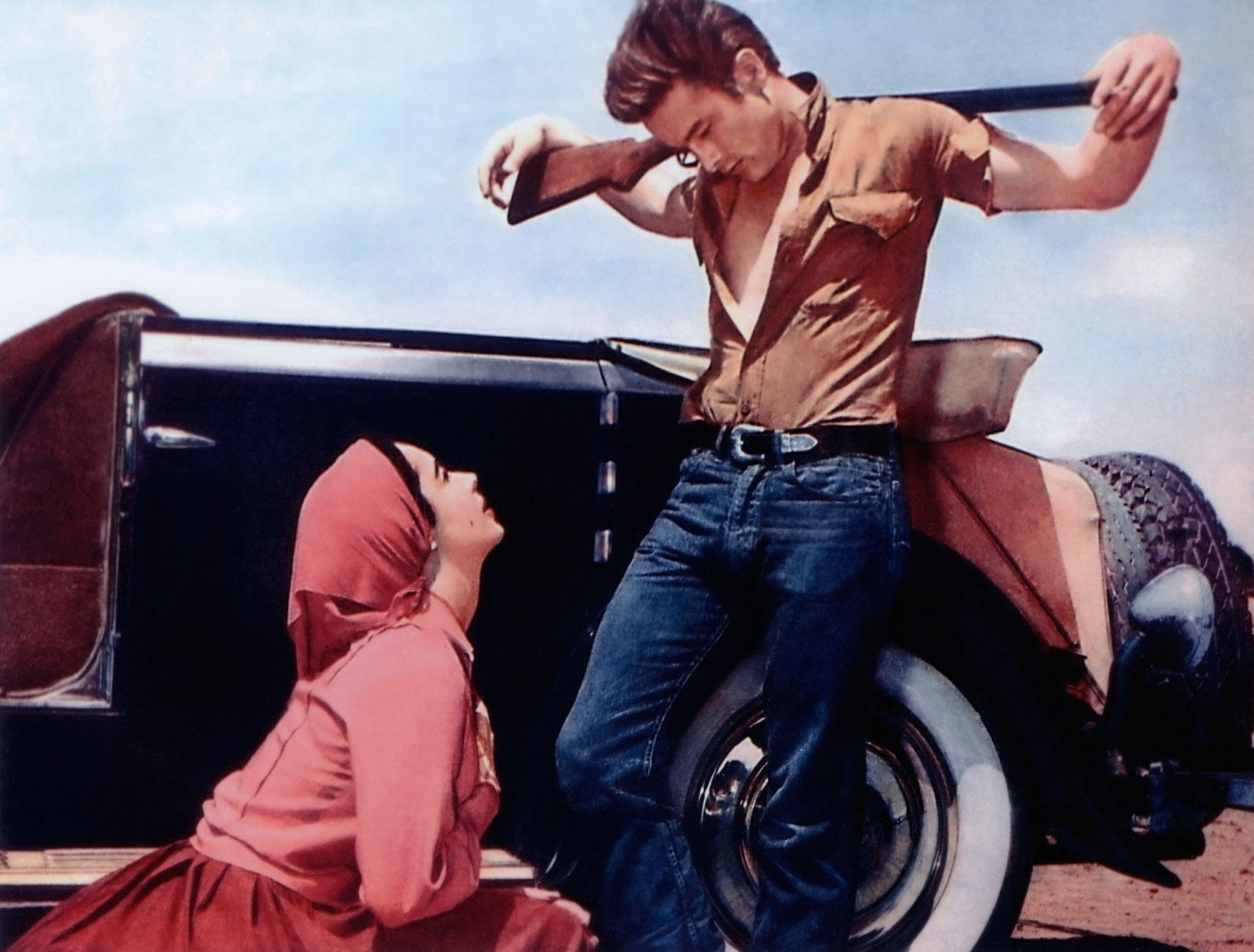Advertisement
Advertisement

Paul Fonoroff
A native of Cleveland, Ohio, Paul began learning Mandarin while in high school, continuing his Chinese studies as an undergraduate at Brown University and Singapore's Nanyang University. After earning a Masters in Fine Arts in cinema at the University of Southern California, he obtained a grant to research Chinese cinema at Peking University from 1980-82.
He moved to Hong Kong in 1983 and began writing for the South China Morning Post in 1988. A collection of his articles was published as At the Hong Kong Movies, 600 Reviews from 1988 till the Handover. In addition to writing, he hosted over one thousand movie-related TV shows in Cantonese, Mandarin, and English, and had roles in twenty movies. He is a member of the Hong Kong Film Critics Society and the Performing Artists Guild of Hong Kong, and is an advisor to the Hong Kong Film Archives.
His research resulted in one of the world's largest collections of Chinese and Hong Kong movie publications, posters, and memorabilia, a portion of which was highlighted in his book, Silver Light, A Pictorial History of Hong Kong Cinema 1920-1970. The collection was recently acquired by the University of California-Berkeley's Starr East Asian Library, which in 2017 launched the Paul Fonoroff Collection as a major research facility for Chinese cinema studies.
A native of Cleveland, Ohio, Paul began learning Mandarin while in high school, continuing his Chinese studies as an undergraduate at Brown University and Singapore's Nanyang University. After earning a Masters in Fine Arts in cinema at the University of Southern California, he obtained a grant to research Chinese cinema at Peking University from 1980-82.
He moved to Hong Kong in 1983 and began writing for the South China Morning Post in 1988. A collection of his articles was published as At the Hong Kong Movies, 600 Reviews from 1988 till the Handover. In addition to writing, he hosted over one thousand movie-related TV shows in Cantonese, Mandarin, and English, and had roles in twenty movies. He is a member...
Comedy masterpiece a reminder of the Hong Kong psyche 10 years before city’s return to Chinese sovereignty and how materialism, greed and housing aspirations have long been its signature tunes
The movie may be a piece of farcical fluff but Chan’s fans across Hong Kong and Southeast Asia were more interested in seeing their heroine in a variety of crowd-pleasing scenes
The eternal triangle – two women, one man – gets a distinctly local twist here: the other woman isn’t a mistress but the man’s mother, fighting for dominance in a wartime Chongqing that’s beautifully evoked.
Advertisement
